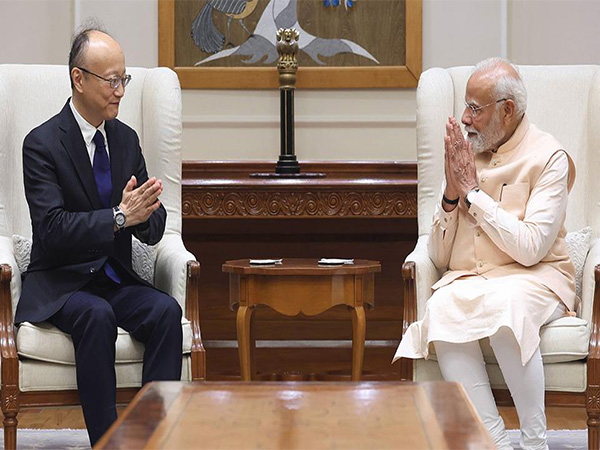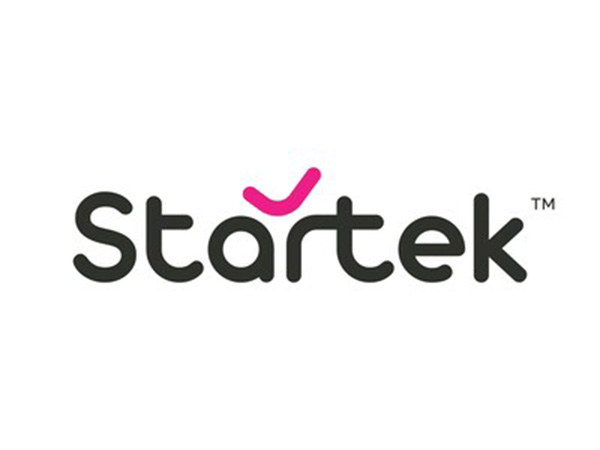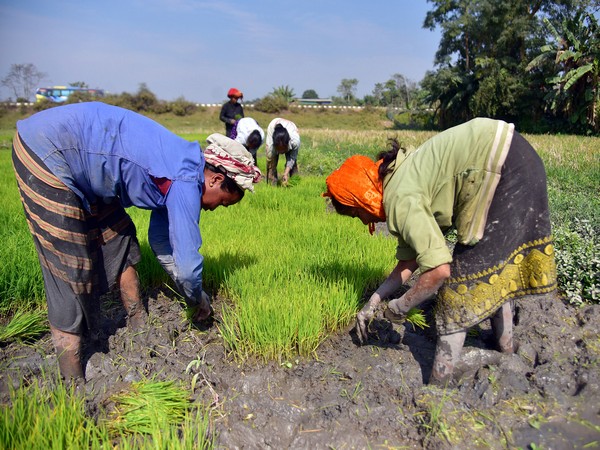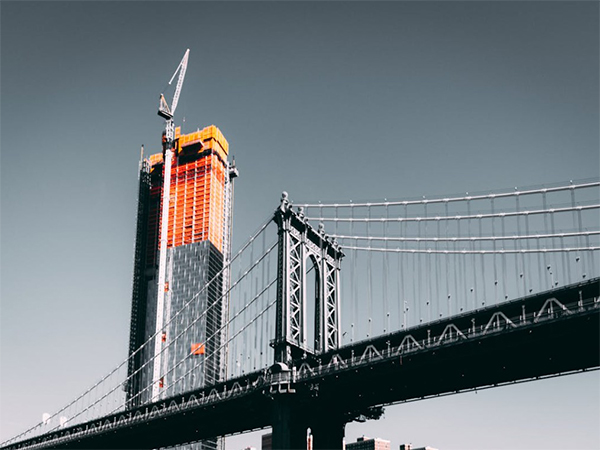New Delhi [India], June 1 (ANI): Asian Development Bank (ADB) President Masato Kanda has committed up to USD 10 billion, including third-party capital, for India’s urban transformation, including metro extensions, new regional rapid transit system (RRTS) corridors, and urban infrastructure and services.
This is a five-year initiative, ADB said in a statement on Sunday.
“Cities are engines of growth,” ADB President Kanda said after meeting Prime Minister Narendra Modi here in the national capital.
“ADB will mobilize capital, accelerate delivery, and scale solutions that keep India’s urban economy moving and people thriving on the road to Viksit Bharat @ 2047,” the ADB President added.
The five-year plan includes sovereign loans, private sector financing, and third-party capital.
“Had a wonderful meeting with Mr. Masato Kanda, in which we shared perspectives on a wide range of issues. India’s rapid transformation over the last decade has empowered countless people and we are working to add further momentum in this journey!” PM Modi wrote in a post on X after meeting the ADB President.
The initiative is anchored by India’s flagship Urban Challenge Fund (UCF), which ADB is supporting to attract private investment for urban infrastructure.
Completed analytical work on growth hubs, creative city redevelopment, and water and sanitation upgrades in 100 cities across India is laying the groundwork for the UCF.
ADB is also committing USD 3 million in technical assistance to design bankable projects and strengthen the capacity of states and urban local bodies.
India’s towns and cities are projected to house more than 40 per cent of the population by 2030.
ADB has already worked with more than 110 cities across 22 states on water supply, sanitation, housing, and solid-waste management projects, and the active urban portfolio totals 27 loans worth USD 5.15 billion.
On urban transport, over the past decade, ADB has committed USD 4 billion for metro projects and RRTS covering 300 kilometers in eight cities, including the Delhi-Meerut RRTS, Mumbai Metro, Nagpur Metro, Chennai Metro, and Bengaluru Metro.
During his India visit, Kanda also met Finance Minister Nirmala Sitharaman to discuss expanding metro networks including transit-oriented development (TOD), supporting rural prosperity, scaling rooftop-solar capacities, and operationalizing the UCF.
In addition, he met Housing and Urban Affairs Minister Manohar Lal to map next steps for channelling private capital into urban projects, replicating ADB-backed urban transport successes on new corridors, and creating TOD opportunities.
Kanda visited the ADB-supported Delhi-Meerut RRTS corridor, India’s first RRTS, and spoke with women whose livelihoods have improved through project-linked training.
In Gurugram, he visited the renewable-energy company ReNew to discuss stronger collaboration in renewable energy, followed by a roundtable with chief executives from infrastructure, finance, agriculture, and social sector firms. In that meeting, he emphasized that India’s private sector can provide the scale and dynamism needed to drive India’s growth.
Under ADB’s country partnership strategy for India, 2023-2027, it stands ready to provide more than USD 5 billion in financing each year, including about USD 1 billion in non-sovereign operations to catalyse additional private investment.
ADB began operations in India in 1986.
As of April 2025, it had committed USD 59.5 billion in sovereign lending and $9.1 billion in nonsovereign investments. The active sovereign portfolio comprises 81 loans totaling USD 16.5 billion as of April 2025.
Founded in 1966, the multilateral development bank ADB is owned by 69 members–50 from the region. (ANI)
Disclaimer: This story is auto-generated from a syndicated feed of ANI; only the image & headline may have been reworked by News Services Division of World News Network Inc Ltd and Palghar News and Pune News and World News
HINDI, MARATHI, GUJARATI, TAMIL, TELUGU, BENGALI, KANNADA, ORIYA, PUNJABI, URDU, MALAYALAM
For more details and packages
















